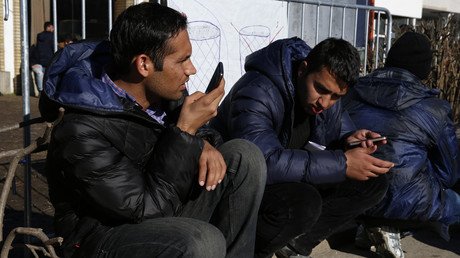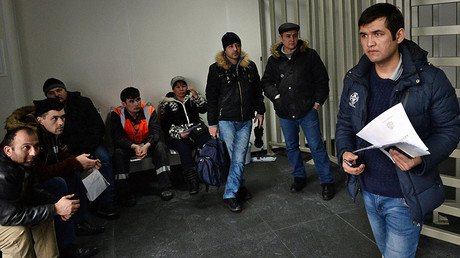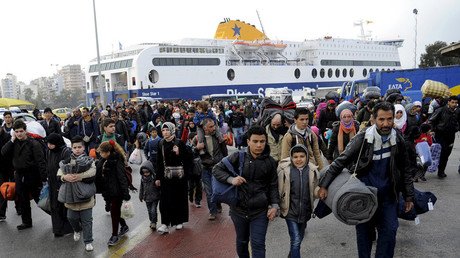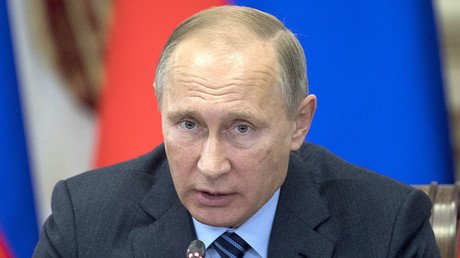Migrant crisis is a timebomb for EU, says Russian envoy
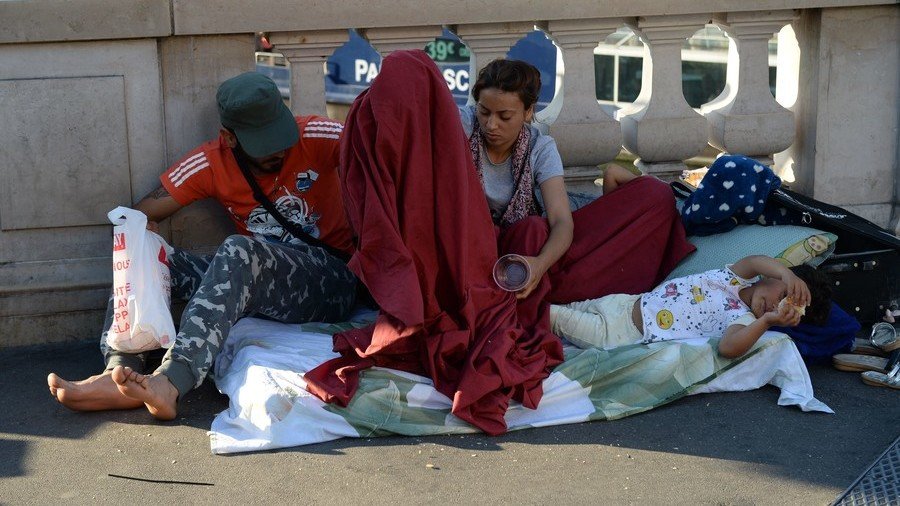
The Russian ambassador to the European Union has called the current migrant crisis a “timebomb” that would destroy high living standards in Europe, but not the EU as a political bloc.
“The migration crisis is a time bomb for the European Union and its fuse is quite short,” Vladimir Chizhov told RIA Novosti. “The European Union itself has had a hand in making this bomb,” the diplomat added.
Chizhov explained that the situation with migrants in Europe was becoming more acute every month, but noted that he personally did not expect the situation to develop into a full-scale collapse of the bloc, or even result in secession of some of its members.
“But Europeans’ lives will not become easier. Once, I heard a phrase that said the European Union is a superpower of a way of life. The way of life and its derivative – the living standards – both attract new people to the European Union. But the migration crisis undermines both this way of life and the living standards in Europe,” the envoy concluded.
According to United Nations reports, Russia ranks second in the world for the number of migrants residing in its territory. The total number of migrants in Russia is estimated at around two million, and most of these people come from ex-Soviet republics in Central Asia and the Caucasus.
Research released by the Russian Public Chamber in September showed that the share of Russians who treat immigrants with caution or fear was in steady decline. According to the study, the share of Russians in 2014 who expressed a negative attitude to migrants was 76 percent, but this had fallen to 68 percent in 2015. In 2016, it was registered at 66 percent.
According to the Public Chamber’s analysts, reasons for this trend include new laws regulating the residency of immigrants who entered Russia under visa-free agreements with foreign nations, the small number of terrorist attacks launched by Islamist radicals on Russian territory, and also the work of various state agencies and NGOs promoting tolerance and inclusion.
At the same time, the authors wrote that promoters of equality and tolerance still had a lot of work to do, as Russia’s xenophobia level was the fourth-highest in Europe, exceeded only by Hungary, Poland and Greece.
